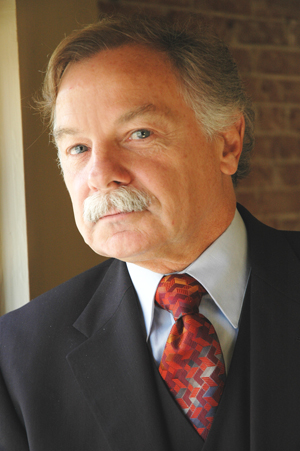When it comes to dealing with lawyers who do not cooperate with Law Society of Upper Canada investigations, the regulator should consider another step before launching a formal prosecution, according to a Toronto defence lawyer.

Bill Trudell, who often represents lawyers before law society discipline hearing panels, says duty counsel should first intervene and reach out to the lawyer who is the subject of investigation.
“There needs to be a middle step, I think there should be an intervening step,” he says.
Trudell suggests creating a group of lawyers who offer to contact the person who is not responding to see whether they can help.
“It think it would save a lot of prosecutions, probably save money, and certainly saves people from getting into a situation like this,” he says.
Many lawyers, Trudell adds, don’t fully appreciate the damage they’re doing —including the possibility of getting a permanent discipline record — by not cooperating with law society investigations. They may not respond because they’re terrified, he says.
“You have to understand that as a self-regulator, one of the things we give up is the right to remain silent. We must respond, and I don’t think lawyers understand that,” he adds.
Trudell recently represented lawyer Matthew Igbinosun, who was suspended for a one month for not cooperating with a law society investigation. Trudell argued that Igbinosun should be reprimanded, but the hearing panel felt differently.
“A significant part of my finding — and Mr. Trudell has said how Mr. Igbinosun engaged — is, yes, he engaged, but the finding is he did not co-operate,” said hearing panel chair Susan Elliott.
The panel sought to send a strong message to the bar that not cooperating with a law society investigation is unacceptable, Trudell says, adding it’s a message that has yet to sink in with some lawyers.

 Bill Trudell, who often represents lawyers before law society discipline hearing panels, says duty counsel should first intervene and reach out to the lawyer who is the subject of investigation.
Bill Trudell, who often represents lawyers before law society discipline hearing panels, says duty counsel should first intervene and reach out to the lawyer who is the subject of investigation.